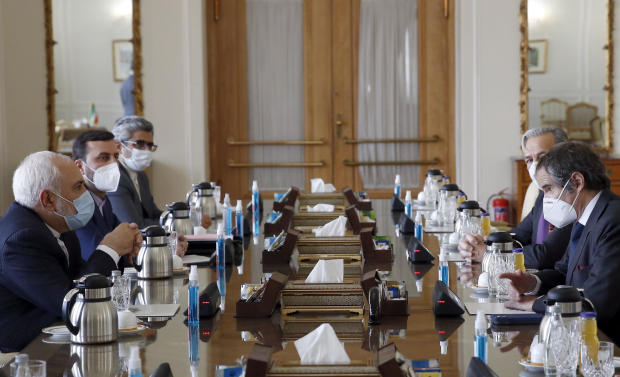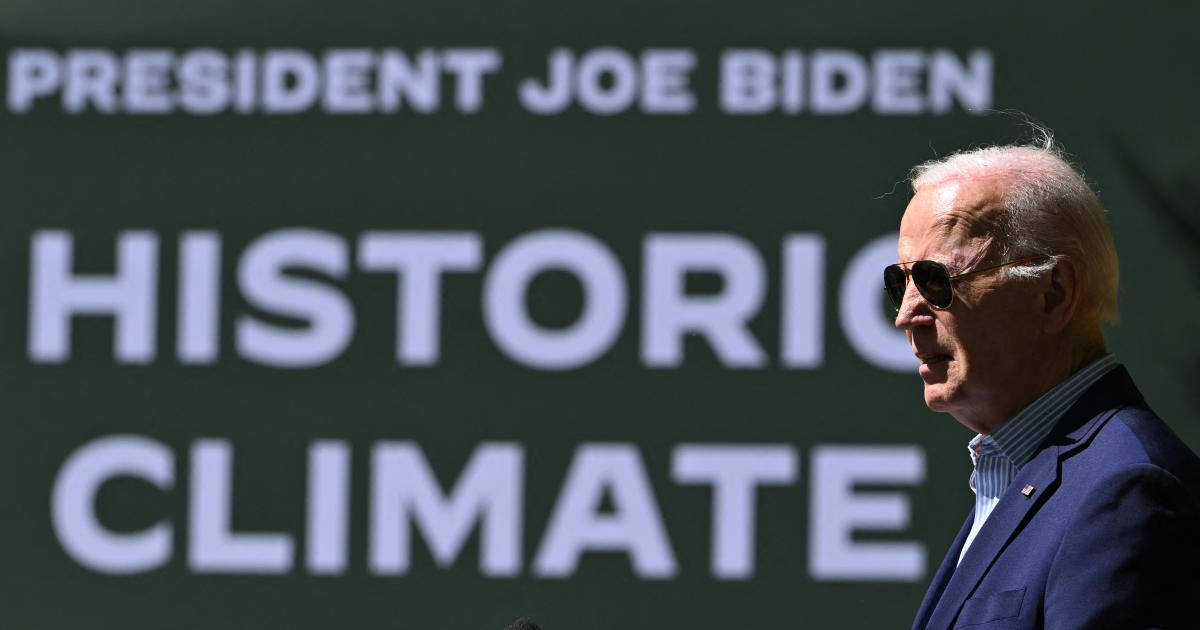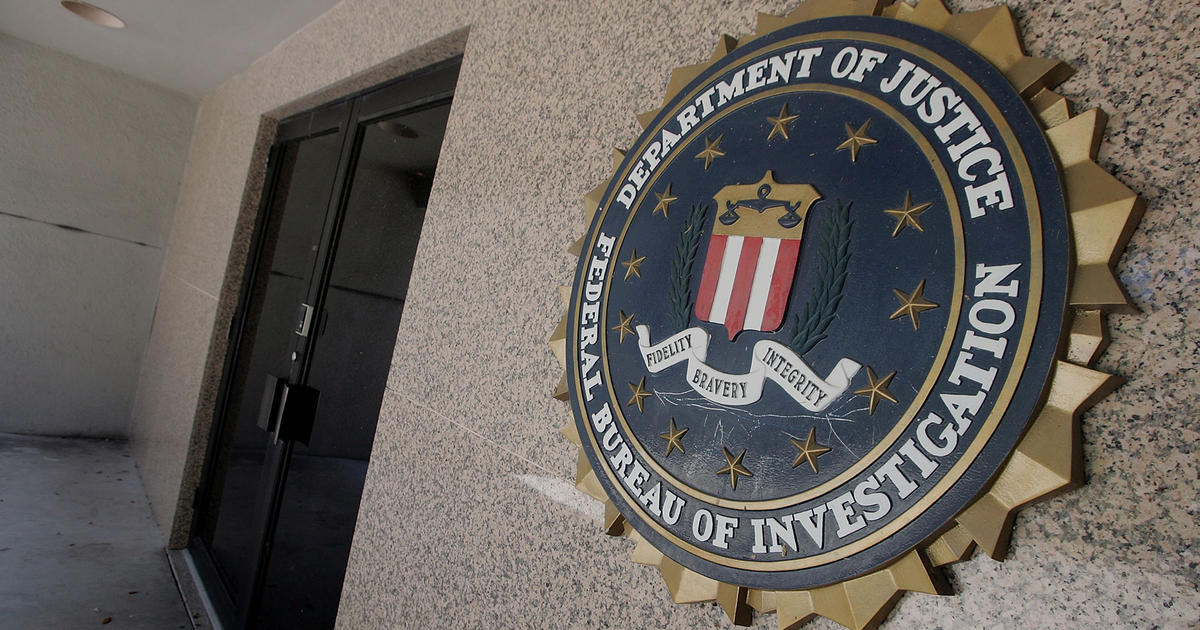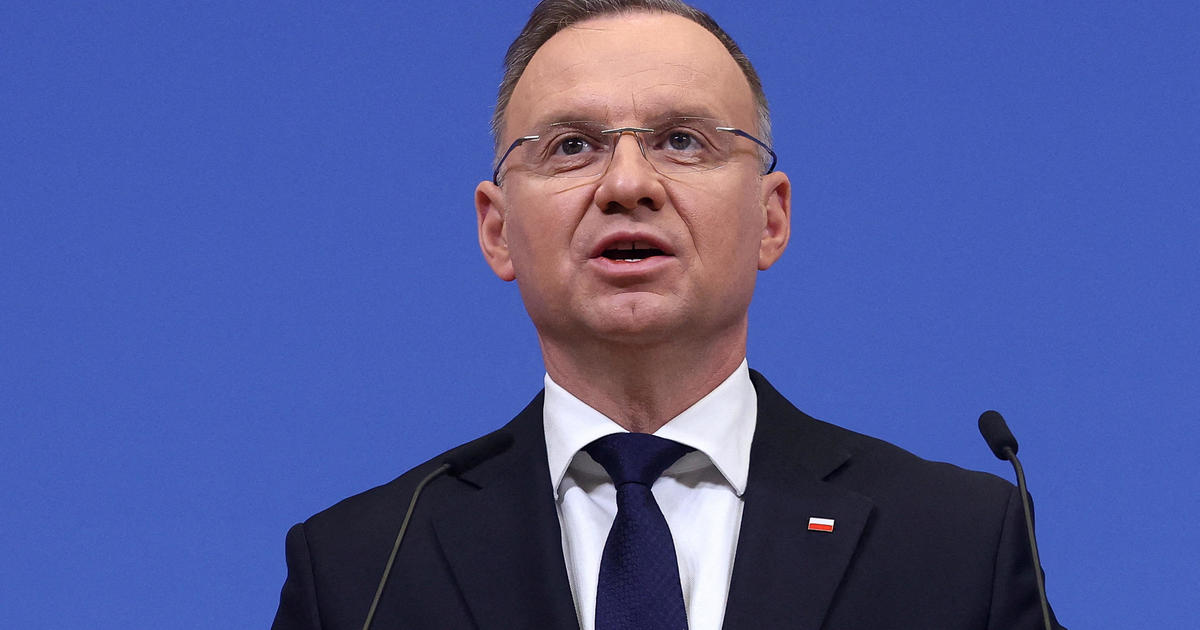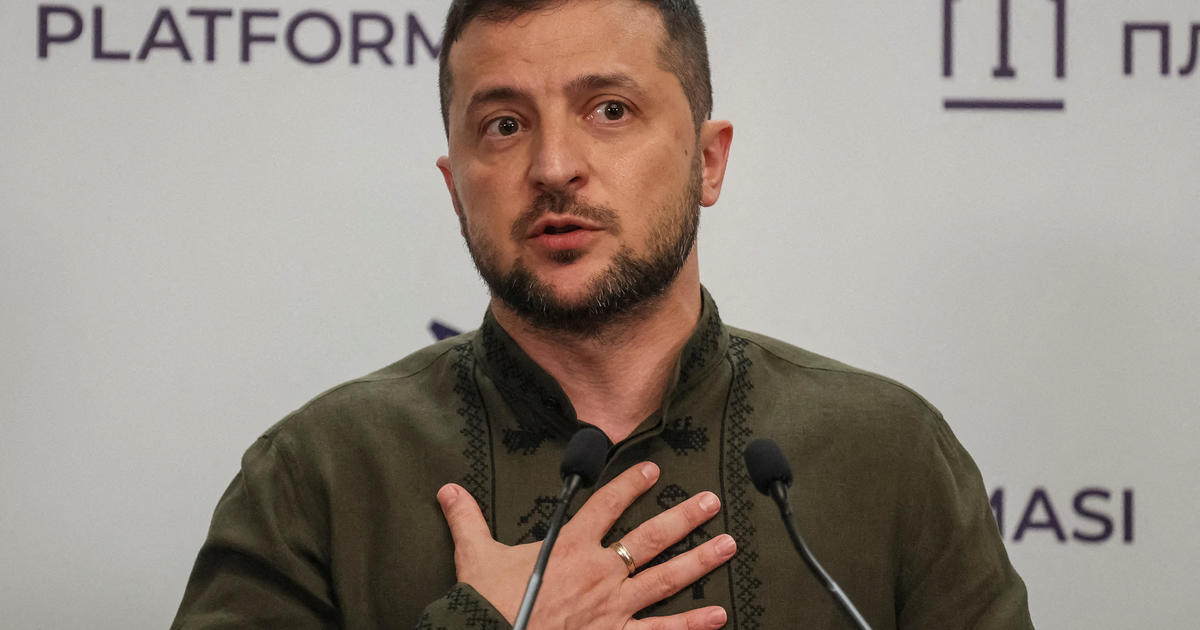Iran takes new, cautious step away from nuclear pact as Biden tries to open talks
Iran said Tuesday that it had abandoned another key tenet of the nuclear agreement that President Joe Biden is trying to resuscitate after his predecessor reneged on the landmark deal aimed at stopping Iran from getting nuclear weapons. The move increased the pressure on Washington as both countries engage in a game of chicken over the deal.
In announcing the implementation of a law officially cutting some, but not all, cooperation with nuclear inspectors from the world's nuclear watchdog agency, Iran appeared to leave at least some wiggle room for negotiations with the White House.
"The law has gone into effect from this morning," Iran's Foreign Minister Mohammad Javad Zarif said Tuesday, ostensibly making good on a threat written into Iranian law last year in retaliation for former President Donald Trump's withdrawal from the 2015 nuclear deal.
The law crafted by Iran's parliament stated that, unless a series of harsh unilateral sanctions imposed by the Trump administration in the wake of his 2018 withdrawal were repealed by February 23, Tehran would stop adhering to the so-called Additional Protocols, a secret set of extra measures attached to the nuclear deal that let U.N. inspectors remain in the country to carry out "snap" inspections at Iranian sites with very little warning. The Protocols also gave the U.N.'s International Atomic Energy Agency (IAEA) access to video from cameras installed at various Iranian nuclear facilities.
As the deadline loomed over the weekend, the head of the IAEA flew into Tehran and struck another secret deal with Iran's government, which the global nuclear watchdog said would ensure its inspectors at least remained in the country.
Under the new agreement Iran said it would stop handing the video from the cameras at its nuclear facilities over to the IAEA, however, and would only provide it if the U.S. sanctions were lifted within three months. The confidential arrangements also would allow some inspections to continue, with constraints that neither side chose to reveal.
On Tuesday, Zarif specifically said that Iran would no longer share the surveillance video from its nuclear facilities with the U.N. agency, as stipulated by the law requiring an end to compliance with the Additional Protocols. But that's all he said.
Room to maneuver?
The secret agreement struck over the weekend with the IAEA drew an angry response on Monday from hardline Iranian lawmakers, who lambasted it as a capitulation and even referred the government to the country's judiciary for investigation over what they said amounted to an illegal abandonment of the law.
Iran's Supreme Leader Ayatollah Ali Khamenei laid on even more pressure on Monday, warning that his country could take another major step away from the 2015 agreement by enriching uranium up to 60% purity.
But despite the vocal resistance in parliament and the ongoing threats from the supreme leader, the agreement struck with the IAEA on Sunday would not have been finalized by Iran's government without sign-off from Khamenei himself. And while Zarif announced the law was being implemented on Tuesday, he didn't specify just how thoroughly it would be enforced.
Apart from the bold declaration that it was "going into effect," and the note that video wouldn't be handed over (which is in line with the terms hammered out over the weekend with the IAEA), there was nothing about IAEA inspectors being forced to leave the country or an abrupt end to their inspection work.
Zarif also stressed in a tweet that whatever new limits were imposed on IAEA inspectors, they were reversible.
In their steady, incremental march away from the 2015 nuclear deal's terms since Trump's withdrawal, Iranian officials have always stressed that all the actions were quickly and easily reversible — as soon as the White House lifts the sanctions imposed by the previous U.S. leader.
Even as he issued his latest threat on Monday, Khamenei reiterated the official Iranian stance that the country is forbidden by the principles of Islam from developing nuclear weapons. Tehran has always insisted that its nuclear program is to generate power and for medical research, not to build an atomic bomb.
The U.S. and its close allies in the Middle East don't believe that, and every White House for years, including the present one, has vowed never to let Iran gain even the ability to build such a weapon.
Secretary of State Antony Blinken said earlier this month that U.S. intelligence agencies believe it would take Iran a few months to produce enough highly-enriched nuclear material to develop a weapon if it did choose to go down that path. Blinken noted, however, that "if Iran continues to lift some of these constraints imposed by the [2015 nuclear] agreement, that could get down to a few weeks."
What comes next?
President Biden has made it clear that he's willing to rejoin the nuclear deal, but he says Iran must come back into compliance with its terms first. Iran maintains that it was the U.S. that first walked away from the international agreement, so it must make the first move back to it.
With both sides having drawn those lines in the sand, there may seem to be no obvious off-ramp from the current standoff.
But the ambiguity of Iran's preordained steps away from the pact this week — unless they go further and boot the IAEA inspectors in the coming days — must be considered in the context of recent gestures from the Biden administration indicating a willingness to open a dialogue with the Iranians.
On one very specific issue, the fate of American prisoners being held in Iran, White House officials have confirmed to CBS News that a discussion is already underway through intermediaries.
Mr. Biden's State Department has also formally repealed notifications sent by the Trump administration to the U.N. declaring that all international sanctions against Iran lifted under the nuclear deal had "snapped back." The White House also dropped travel restrictions on Iranian diplomats who work at the U.N. in New York.
Iran has greeted the overtures cautiously. Iranian cabinet spokesman Ali Rabiei said on Tuesday that while Iran's leaders "consider this as putting America on a constructive path, we see [the steps] as extremely insufficient."
As for direct talks on the nuclear program, Zarif said Iran was "assessing the idea of an unofficial meeting" with the remaining parties to the 2015 agreement, "in which America is invited as a non-member."
